Top billed cast
 András Bálint
András Bálint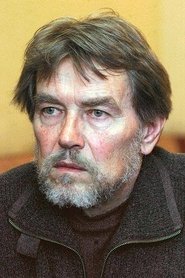 András Kozák
András Kozák Pál Mácsai
Pál Mácsai
Similar to Elmondták-e...?
Children of the Night
Silent archival footage of Jewish children during the Holocaust, accompanied by music and poetic narration. A haunting portrait of a future generation lost to cruelty and genocide.
Hitler's Forgotten Victims (1997)
The story of black and mixed race people in Nazi Germany who were sterilised, experimented upon, tortured and exterminated in the Nazi concentration camps. It also explores the history of German racism and examines the treatment of Black prisoners-of-war. The film uses interviews with survivors and their families as well as archival material to document the Black German Holocaust experience.
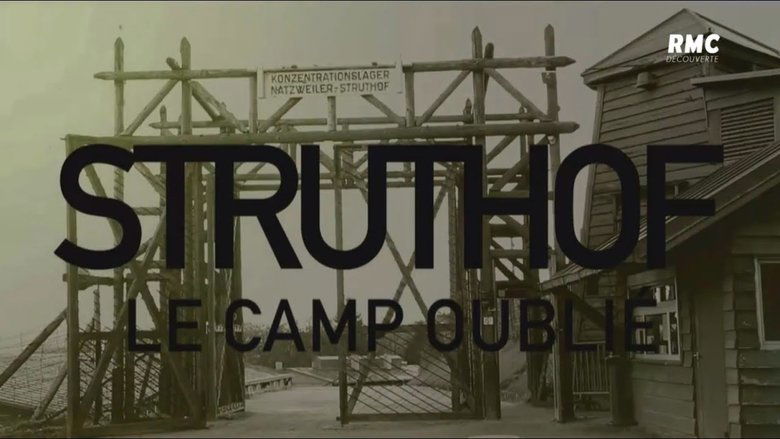
Memories of a Nazi Camp (2019)
Holocaust survivors describe their experiences being interred at the Natzweiler-Struthof concentration camp.
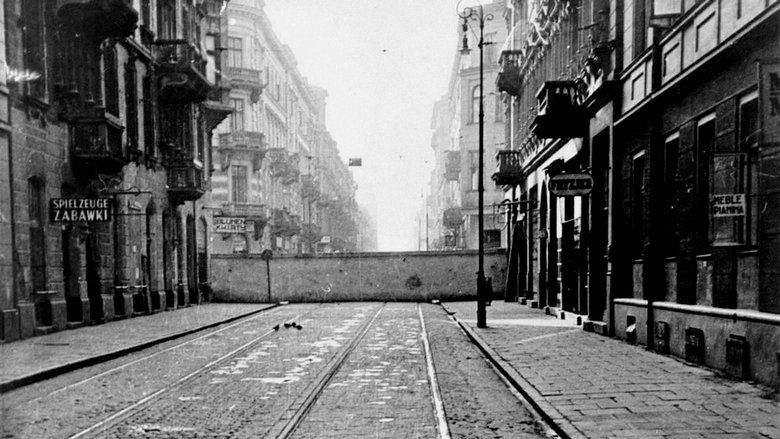
Warsaw: A City Divided (2019)
The history of the Warsaw Ghetto (1940-43) as seen from both sides of the wall, its legacy and its memory: new light on a tragic era of division, destruction and mass murder thanks to the testimony of survivors and the discovery of a ten-minute film shot by Polish amateur filmmaker Alfons Ziółkowski in 1941.
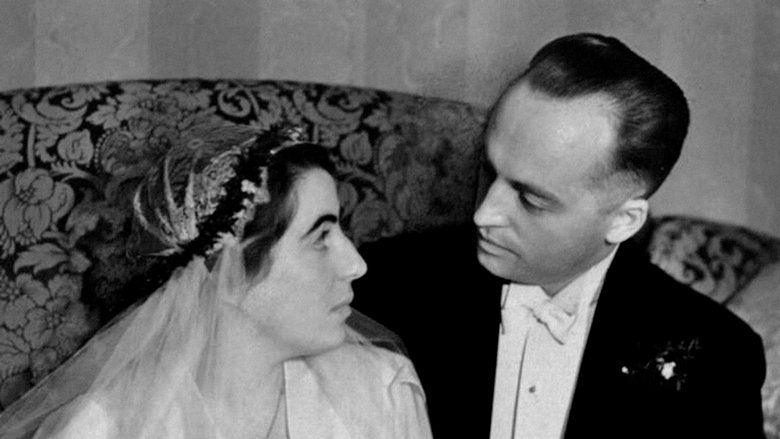
Erna, Helmut and the Nazis (2021)
Germany, 1929. Helmut Machemer and Erna Schwalbe fall madly in love and marry in 1932. Everything indicates that a bright future awaits them; but then, in 1933, Adolf Hitler and the Nazi Party rise to power and their lives are suddenly put in danger because of Erna's Jewish ancestry.
Bach in Auschwitz (1999)
A documentary about an orchestra comprised of female prisoners in Auschwitz.
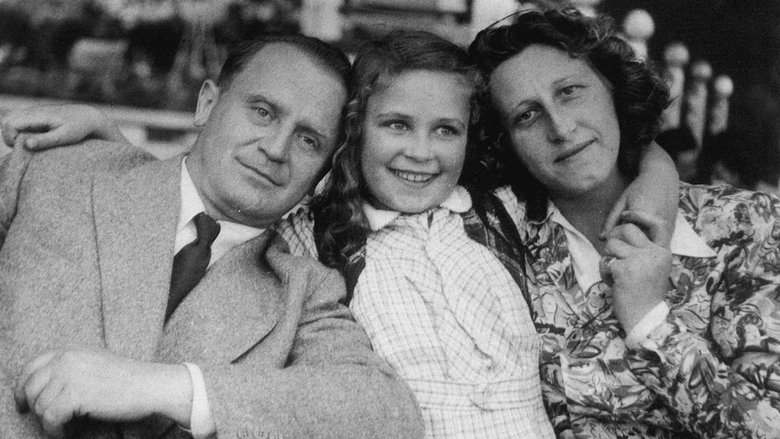
Golda Maria (2022)
In 1994, film producer Patrick Sobelman recorded the testimony of his grandmother Golda Maria Tondovska, a Polish Jewish survivor of the Shoah.
The Good Nazi (2018)
By tracking scientists and Holocaust survivors in Lithuania, The Good Nazi tells the story of a Schindler-type Nazi officer who turned his back on his dark ideology and risked his life to save hundreds of Jews.
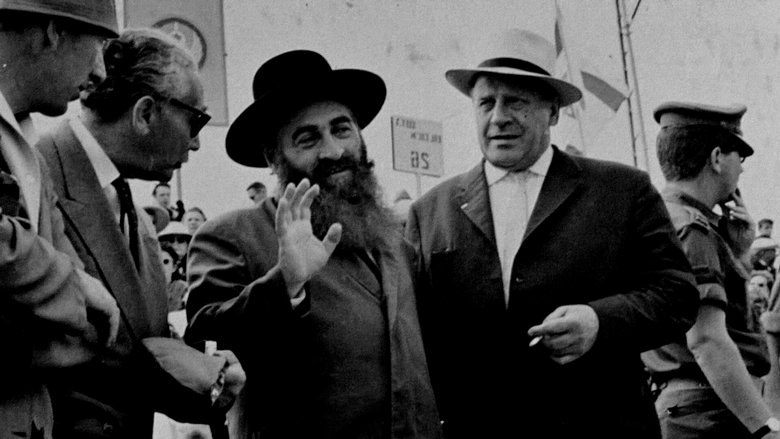
Schindler (1983)
The true story of German-Czech businessman Oskar Schindler (1908-74) as told by some of the Jews — more than a thousand people — whose lives he saved from extermination during World War II.
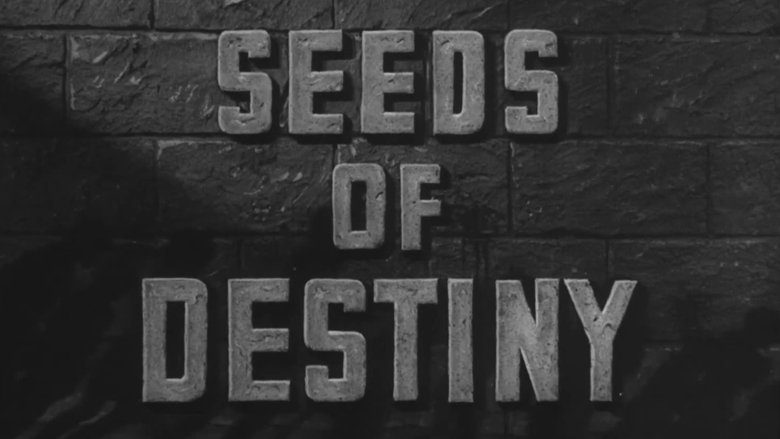
Seeds of Destiny (1946)
Oscar winning postwar propaganda film in support of the United Nations Relief and Rehabilitation Administration. Strident but poignant, focusing on children. The film surveys the Nazi/Japanese atrocities, post-war devastation and the early relief efforts. This film was responsible for raising over $200,000,000, making it a top moneymaking film. Preserved by the Academy Film Archive in 2005.
999: The Forgotten Girls (2024)
The first official Jewish transport to Auschwitz consisted of 999 Slovak girls and young women. This documentary features several survivors from that transport.
Voices of Auschwitz
For the 75th anniversary of the liberation of Auschwitz, CNN’s Wolf Blitzer looks back through the eyes of those who were imprisoned there.
The Trial (1984)
In over eight years of research, "Der Prozess" follows the longest criminal proceedings in Germany′s legal history - the "Majdanek Trial". In interviews with judges, the accused, victims and eye witnesses, and with the use of documentary footage and reports, the film recounts (in three parts) the legal trials against the workers and perpetrators of the Lublin/Majdanek concentration camp from the first day to the pronouncement of the judgment.
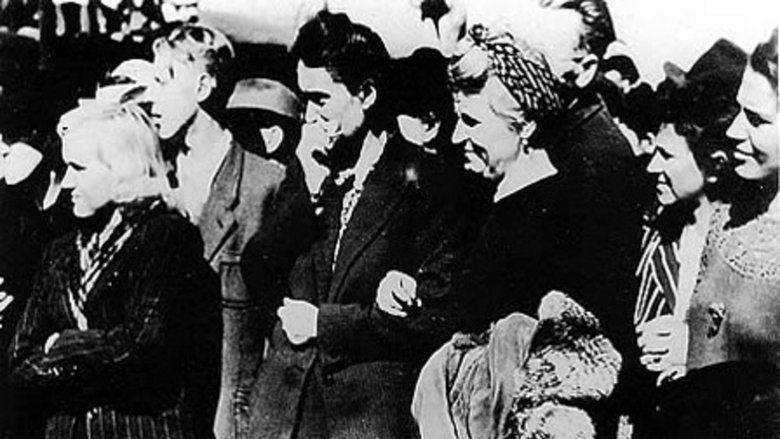
Death Mills (1945)
Originally made with a German soundtrack for screening in occupied Germany and Austria, this film was the first documentary to show what the Allies found when they liberated the Nazi extermination camps: the survivors, the conditions, and the evidence of mass murder. The film includes accounts of the economic aspects of the camps' operation, the interrogation of captured camp personnel, and the enforced visits of the inhabitants of neighboring towns, who, along with the rest of their compatriots, are blamed for complicity in the Nazi crimes - one of the few such condemnations in the Allied war records.
Confronting Holocaust Denial With David Baddiel (2020)
The Holocaust is one of the most documented, witnessed and written about events in history, so why is Holocaust denial back on the political agenda? What has happened in the 75 years since the liberation of the camps to have so skewed the picture? And, if it matters, why does it matter?
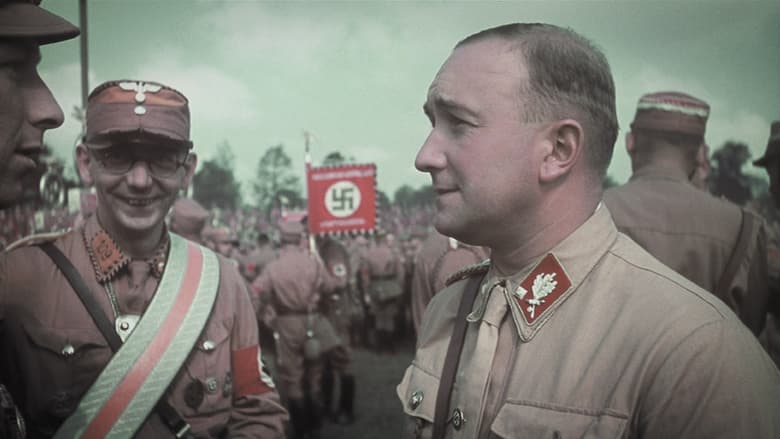
2 or 3 Things I Know About Him (2005)
What would your family reminiscences about dad sound like if he had been an early supporter of Hitler’s, a leader of the notorious SA and the Third Reich’s minister in charge of Slovakia, including its Final Solution? Executed as a war criminal in 1947, Hanns Ludin left behind a grieving widow and six young children, the youngest of whom became a filmmaker. It's a fascinating, maddening, sometimes even humorous look at what the director calls "a typical German story." (Film Forum)
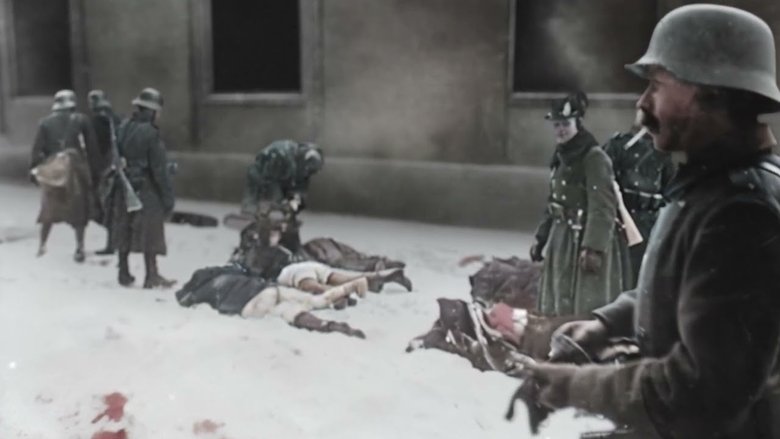
Novi Sad Remembrance (2024)
Teodor Kovač, Ivan Ivanji and Marta Flato survived the 1942 pogrom known as the Novi Sad raid, when Hungarian fascists killed more than a thousand people from Novi Sad and dumped their bodies under the ice of the Danube river. Sociology professor Marija Vasić fights against forgetting and teaches students about the Novi Sad raid, while the local authorities erect a controversial monument to innocent victims, and on that list are the names of war criminals who participated in the Novi Sad raid.
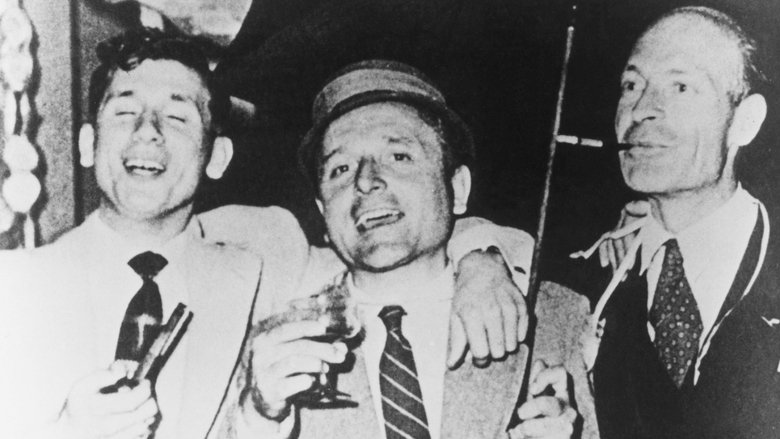
Hôtel Terminus: The Life and Times of Klaus Barbie (1988)
Marcel Ophuls' riveting film details the heinous legacy of the Gestapo head dubbed "The Butcher of Lyon." Responsible for over 4,000 deaths in occupied France during World War II, Barbie would escape—with U.S. help—to South America in 1951, where he lived until a global manhunt led to his 1983 arrest and subsequent trial.
Łódź Ghetto (1989)
The Polish city of Łódź was under Nazi occupation for nearly the entirety of WWII. The segregation of the Jewish population into the ghetto, and the subsequent horrors are vividly chronicled via newsreels and photographs. The narration is taken almost entirely from journals and diaries of those who lived–and died–through the course of the occupation, with the number of different narrators diminishing as the film progresses, symbolic of the death of each narrator.
Spell Your Name (2006)
he film is based on the testimonies of survivors of the Holocaust that were collected by The Visual Library Archive of USC Shoah Foundation. Director Sergey Bukovsky takes the viewer on a journey of discovery as he and several Ukrainian students absorb the testimony of Ukrainian people who escaped brutal execution and those who rescued friends and neighbors during the Holocaust. A collection of men and women share the details of their experiences, and we are afforded a glimpse of modern-day Ukraine: the ethnic stereotypes that continue to exist and the manner in which Post-Soviet society is dealing with the question of how to memorialize the sites where tens of thousands of Jewish families and others were executed and thrown into mass graves.